As human space missions move beyond Earth orbit, crew health will become a major challenge. Unlike missions to the International Space Station (ISS) – where astronauts maintain direct contact with medical staff on the ground, receive regular supplies and medications, and can return home within months in an emergency – trips to the Moon and Mars will last months or even years, with limited supplies and communications delays of up to 20 minutes each way.
This requires autonomous medical capabilities on board the spacecraft, allowing astronauts to diagnose and treat health problems without immediate support from Earth.
In response to that request, NASA collaborated with Google to develop the Crew Medical Officer Digital Assistant (CMO-DA), an artificial intelligence-based medical tool to support automated healthcare during long-duration flights.
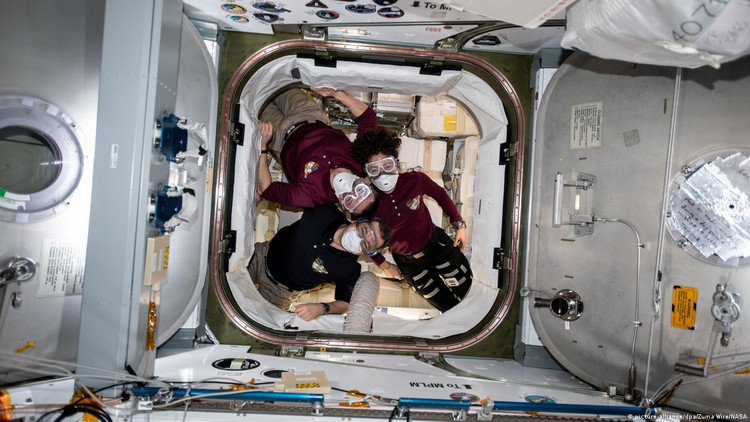
Acting as a “virtual doctor” on board, CMO-DA is designed to operate in the absence of a doctor and when communications with the ground are disrupted. The system integrates a multimodal interface, allowing astronauts to interact via voice, text, or images. The application runs on Google Cloud’s Vertex AI platform, making it easy to update and train the AI model, while allowing NASA to maintain ownership of the source code and take the initiative to refine it.
In initial tests, CMO-DA handled three simulated pathology scenarios: ankle injury, hip pain, and ear pain. A panel of two physicians and an astronaut evaluated performance based on the ability to examine, take a patient’s history, make a diagnosis, and develop a treatment plan.
The results showed diagnostic accuracy of 88% for ankle injuries, 74% for hip pain, and 80% for ear pain – positive ratings that promise reliable medical support in the space environment.
NASA plans to enhance CMO-DA by integrating data from medical devices to provide richer diagnostic information, adjusting algorithms to account for unique factors of the microgravity environment, and making treatment recommendations in the context of the actual mission.
The goal is to help this assistant provide accurate, timely medical guidance that is appropriate for the harsh conditions of deep space.
Although developed for space missions, CMO-DA’s technology also has potential applications on Earth, especially in remote areas with limited medical resources. This AI assistant can improve diagnostic accuracy, support clinical decision-making, and expand access to high-quality healthcare.
Experts say that if successful in the harsh environment of space, this technology could be deployed in healthcare systems globally, promoting innovation in AI-based medicine and contributing to improving the quality of patient care.
Source: https://khoahocdoisong.vn/nasa-hop-tac-google-phat-trien-tro-ly-y-te-ai-cho-phi-hanh-gia-post2149045433.html














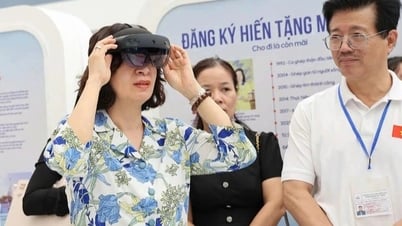
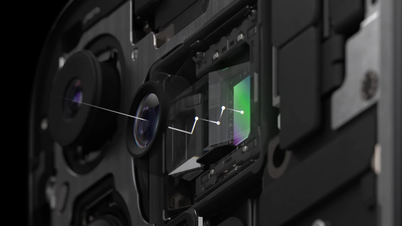








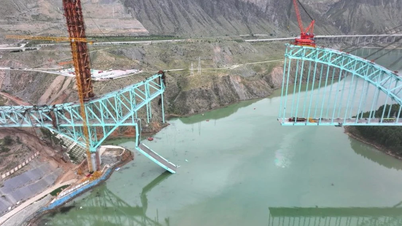

![[Photo] President Luong Cuong attends special political-artistic television show "Golden Opportunity"](https://vphoto.vietnam.vn/thumb/1200x675/vietnam/resource/IMAGE/2025/8/22/44ca13c28fa7476796f9aa3618ff74c4)





































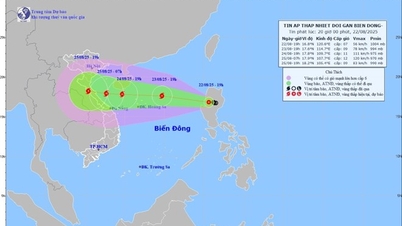

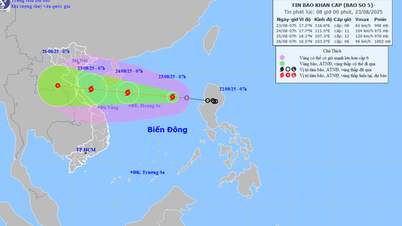




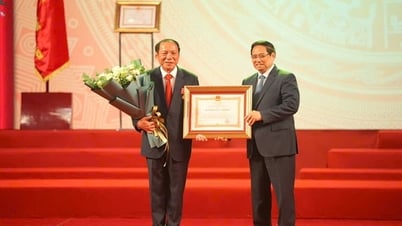
























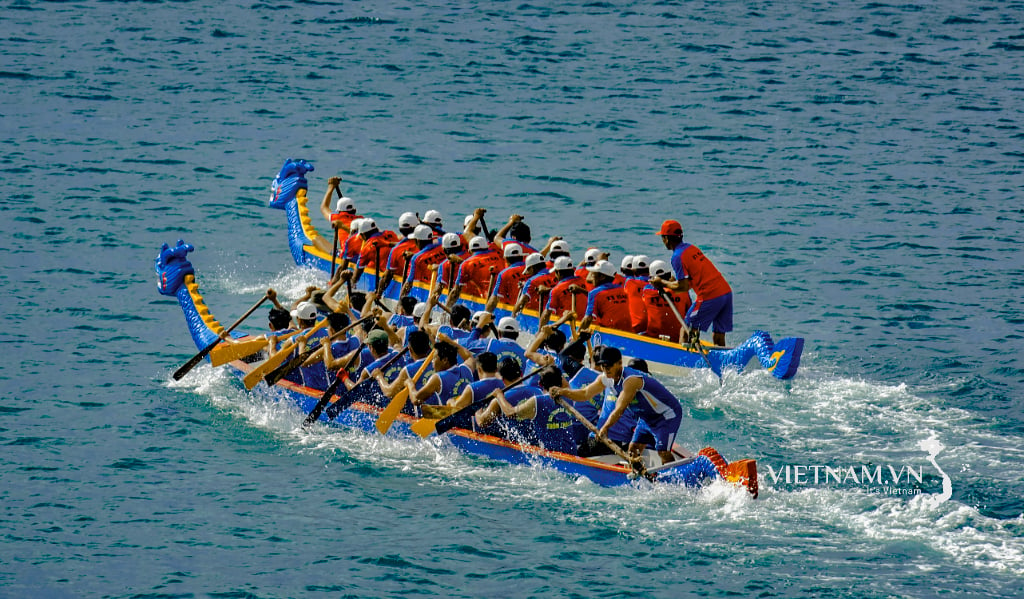


Comment (0)